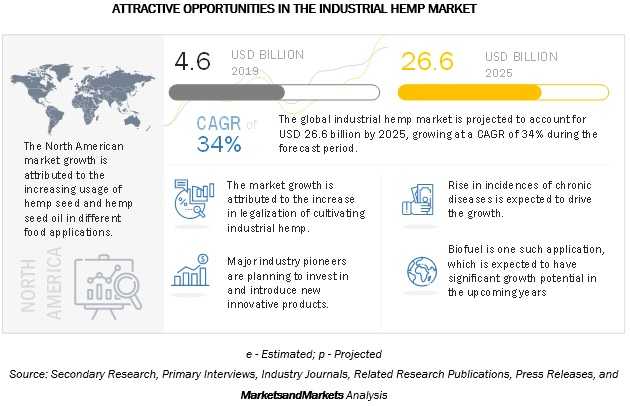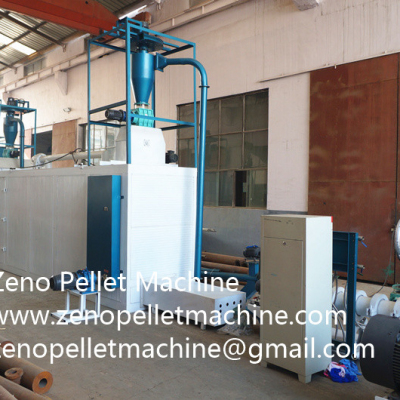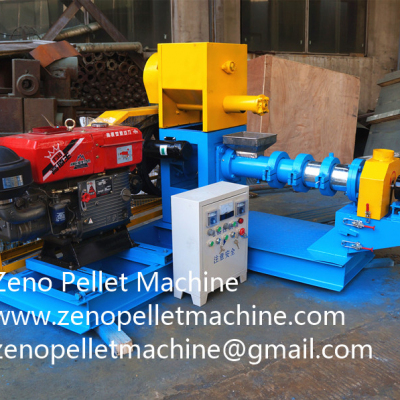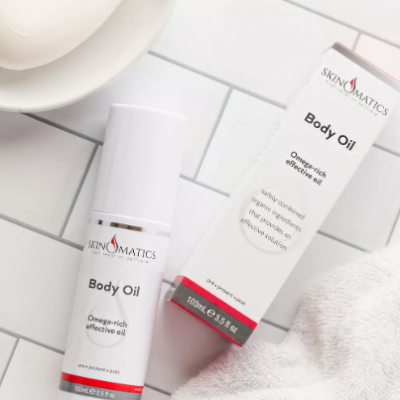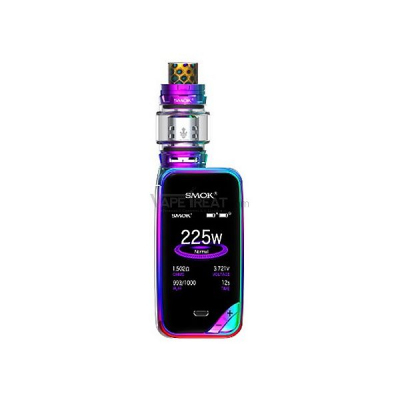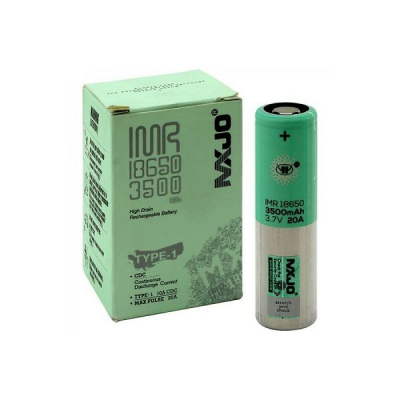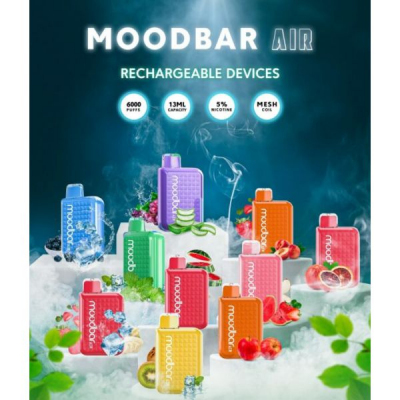The global industrial hemp market size is projected to grow from USD 4.6 billion in 2019 to USD 26.6 billion by 2025, recording a compound annual growth rate (CAGR) of 34.0% during the forecast period. Rising awareness among the consumers about the benefits of industrial hemp, increasing legalization to cultivate industrial hemp across different countries, and growing application scope of industrial hemp in diverse industries such as textile, pharmaceutical, food, beverages, personal care products, construction & material, furniture, and paper is driving the market for industrial hemp.
Key industrial hemp players include Hempco (Canada), Ecofibre (Australia), Hemp Inc. (US), GenCanna (US), HempFlax BV (Netherlands), Konoplex Group (Russia), Hemp Oil Canada (Canada), BAFA (Germany), Hemp Poland (Poland), Dun Agro (Netherlands), Colorado Hemp Works (US), Canah International (Romania), South Hemp Tecno (Italy), Plains Industrial Hemp Processing (Canada), and MH Medical Hemp (Germany). Agreements, joint ventures, and partnerships were the dominant strategies adopted by major players, followed by expansion. These strategies have helped them to increase their presence in different regions.
Download PDF brochure: https://www.marketsandmarkets.....com/pdfdownloadNew.a
Hemp has been cultivated across the globe as fiber and oilseed for the production of varieties of consumer and industrial products. Industrial hemp is derived from Cannabis sativa L., which is not marijuana but is a different variety of the same species. In the 2018 farm bill (agricultural and food policy tool of the federal government), the US took several steps to legalize the production of hemp as an agricultural commodity and to remove it from the list of controlled substances; however, it cannot be grown as freely as other crops. The bill outlined actions, such as producing a plant with higher than 0.3% THC (tetrahydrocannabinol) content or cultivation of hemp without a license, which would be considered violations to the law. Furthermore, in the European region, according to the law, growers can produce hemp plants that have tetrahydrocannabinol (THC) content not exceeding 0.2%. European countries are allowed to grow industrial hemp with a THC level of less than 0.2%.
The increasing legalization of the cultivation of hemp is prompting the manufacturers and research institutions to develop new products from industrial hemp. Biofuel is one such application, which is expected to have significant growth potential in the upcoming years. With the rise in the prices of oil (diesel & petrol), along with the growing concerns about global warming, biofuels have been gaining popularity. Hemp seed extracts are used to produce hemp biodiesel, which can be used in any diesel operated vehicle. Furthermore, hemp can be used to make ethanol, which is currently processed from food crops like wheat and corn. This would result in increased efficiency of food production. Researchers from the University of Connecticut published a report in 2010 stating that hemp biodiesel has the high conversion efficiency of around 97%. Thus its application as a biofuel would save a lot of time for the production of biodiesel. Bioplastic is another product that provides an opportunity for the growth of industrial hemp. Hemp bioplastics are manufactured from the leftover of hemp seeds and CBD oil.
The industrial hemp market is segmented, based on type, into hemp fiber, hemp seed, hemp seed oil, and CBD hemp oil. The CBD hemp oil segment is projected to be the fastest-growing segment in the industrial hemp market during the forecast period. The growing application of CBD hemp oil in personal care, health supplements, and food & beverage products is expected to drive the demand for this segment. Furthermore, the numerous health benefits of CBD hemp oil make it useful to treat and prevent conditions like anxiety, depression, pain, and acne are also expected to drive the growth.
Request Sample Pages: https://www.marketsandmarkets.....com/requestsampleNew
The industrial hemp market is segmented, based on application, into food, beverages, textiles, personal care products, pharmaceuticals, and others. The textiles segment is projected to be a leading segment in the industrial hemp market. Hemp fiber is among the strongest and most durable naturally occurring textile fiber and is naturally resistant to bacteria and ultraviolet radiations. Due to its porous nature, it affects ****ter color retention than any other fabric. Additionally, it requires a lesser amount of water for cultivation, in comparison with cotton, which is mainly used in the textile industry.
